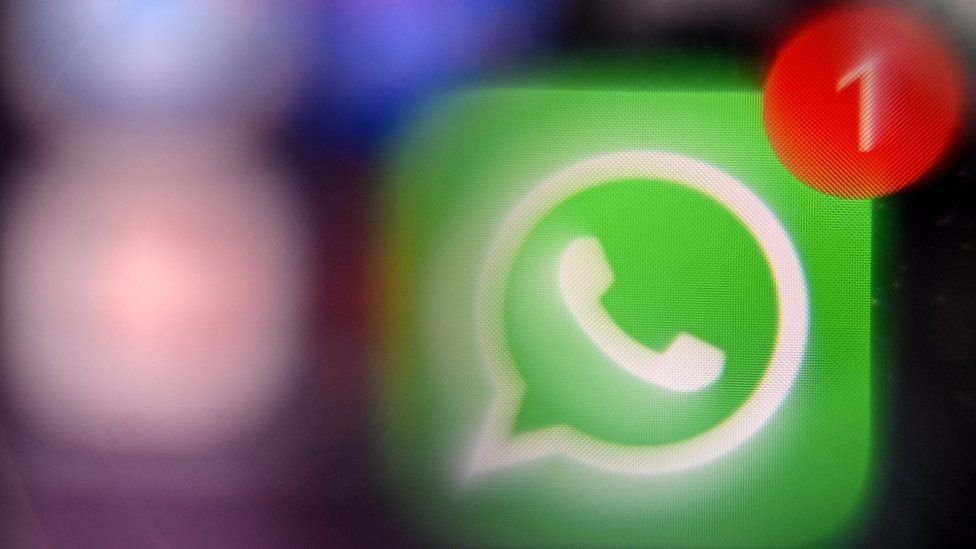Uncategorized
5 ways to Earn money online without Investment in Pakistan with Canva

Canva is a graphic design platform that allows users to create professional-quality designs for social media posts, presentations, and other projects. While it may seem like a tool for designers, anyone can learn how to use Canva and use it to earn money. Here are a few ways you can use Canva to make money:
Sell your designs:
If you have a knack for creating visually appealing designs, you can sell your work on platforms like Etsy or Creative Market. Canva’s templates and design elements make it easy to create unique and eye-catching designs that can be sold as digital products or printed products.
Offer design services:
If you are proficient in using Canva and have good communication skills, you can offer design services to businesses and individuals. This can include creating social media graphics, designing logos, creating presentations, and more. You can advertise your services on social media, through word-of-mouth, or on freelancing websites like Upwork or Fiverr.
In addition to offering design services and templates, you can also use Canva to create and sell physical products such as t-shirts, mugs, and phone cases through print-on-demand platforms like Printful or Redbubble. To get started, you will need to create your designs in Canva and then upload them to the print-on-demand platform of your choice. The platform will handle the production and fulfillment of the products, while you earn a percentage of each sale.
Teach others how to use Canva:
If you have a strong understanding of Canva and enjoy teaching, you can create and sell courses or offer one-on-one tutoring to help others learn how to use the platform. You can advertise your services on social media or through online marketplaces like Udemy or Teachable.
Design and sell physical products:
With Canva’s Print feature, you can create and sell physical products such as t-shirts, mugs, and phone cases. Simply create a design in Canva, then choose the product you want to sell and add it to your store. Canva will handle the printing and shipping for you, so you can focus on creating designs and promoting your store.
Use Canva for your own business:
If you own a business, you can use Canva to create promotional materials, social media graphics, and other marketing assets. This can save you time and money by eliminating the need to hire a designer or purchase expensive design software.
In conclusion, Canva is a versatile tool that can be used to earn money in a variety of ways. Whether you’re a designer looking to sell your work or a business.
Click here to know about the most advance and powerful AI tool ChatGPT

Tech
Whatsapp New Features, announced an interesting privacy update

Messaging giant WhatsApp has been playing catch-up with rivals like Telegram and Signal when it comes to Whatsapp new features. However, a recent beta update of WhatsApp, v2.23.8.2, suggests that biometric locking for individual chats and group messages may soon be on the horizon. This new security layer would be a welcome addition for those who rely on WhatsApp as their primary means of communication.
At present, users can lock WhatsApp with a PIN, fingerprint, or Face Unlock model, but this only secures access to the entire application. The potential for biometric locking of specific chats adds an extra level of privacy, with users required to scan their fingerprint to view protected conversations. The option to enable the “Lock this chat with fingerprint” toggle from the three-dot menu will send these chats to a “Locked chats” section, ensuring they are hidden from prying eyes. Any attempts to view these chats from the main WhatsApp app view will be unsuccessful until the correct fingerprint has been scanned.

Although this development is still in its early phases and only available in the Android beta version of WhatsApp, it is an exciting prospect. As with all new features, there is the possibility that it may not make it to the final release. However, the inclusion of biometric locking would undoubtedly be a significant step forward for WhatsApp and its users.
In summary, WhatsApp’s potential addition of biometric locking for individual chats and group messages would be a major boost to the platform’s privacy and security features. As the beta update is still in the early stages, it remains to be seen whether this new functionality will make it to the final release. Nonetheless, this development highlights the platform’s ongoing efforts to stay competitive with other messaging services and keep its users’ data secure.
-

 Tech3 months ago
Tech3 months agoWhatsApp’s New Audio Call Bar Feature Simplifies Calling Experience
-

 Phones3 months ago
Phones3 months agoInfinix Zero 30 (4G vs. 5G): Specifications, Features, and Prices in Pakistan
-

 Mobile Packages3 months ago
Mobile Packages3 months agoHow to Check Your Telenor, Zong, Ufone, Jazz SIM Number
-

 Phones3 months ago
Phones3 months agoEverything You Need to Know About Jazz Digit 4G Mobile Phones in Pakistan
-

 Tech3 months ago
Tech3 months agoGuide to Blocking and Unblocking Users on Snapchat
-

 iPhone3 months ago
iPhone3 months agoExploring JV iPhones: Prices, Risks, and Rewards in Pakistan
-

 Tech3 months ago
Tech3 months agoA New Era in Space Exploration: Pakistan’s First Lunar Mission Takes Flight
-

 Phones3 months ago
Phones3 months agoZTE Axon 60 Series: Affordable 4G Phones with Unisoc Chipsets



